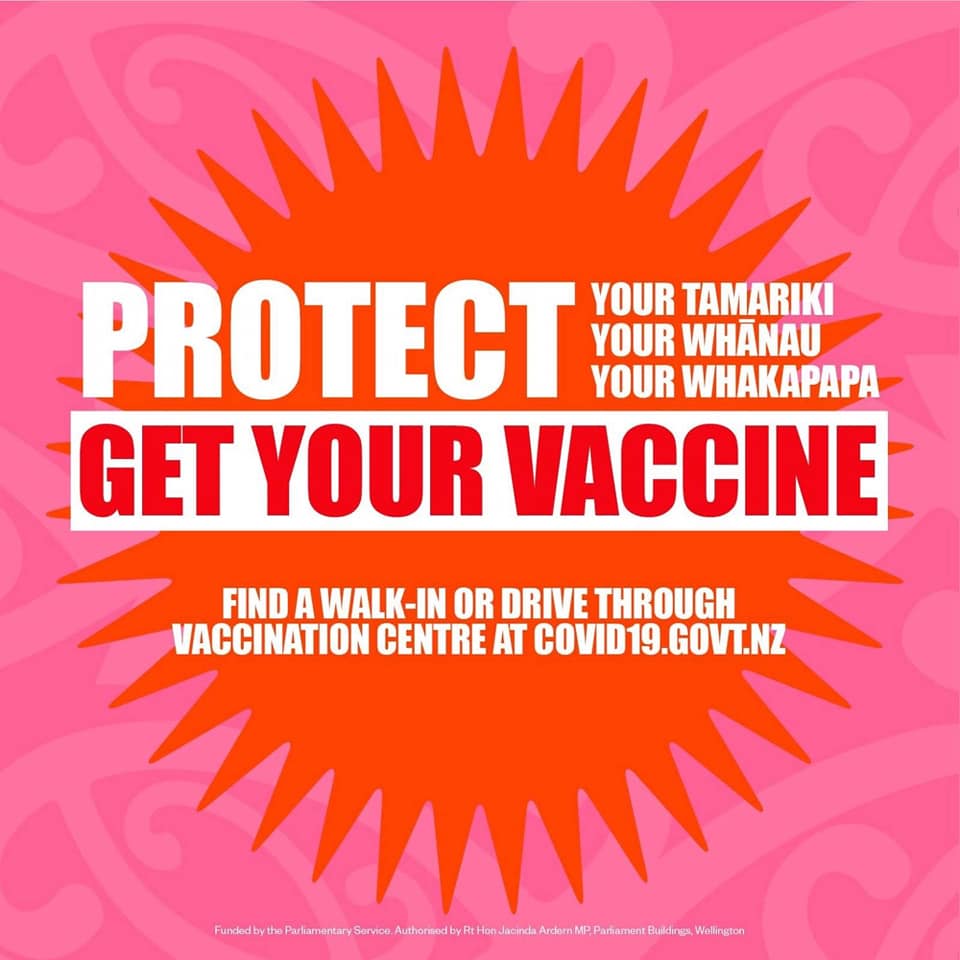Everyone in New Zealand is going to be affected by the Great Wealth Transfer. What is it, and what do you need to do to prepare for it?
Boomers (born between 1946 and 1964) are 23% of NZ’s population, but if our figures are similar to the US, they own more than 50% of the wealth. They grew up in a booming post-war economy, had favourable real estate conditions, and many of them have invested in rental properties. It’s become a bit problematic; a generation that didn’t invest or save much, but purchased property that has seen huge capital gains. Boomers could expect the government to look after them in their retirement, KiwiSaver and Sharesies didn’t exist, so they locked up the property market.
Adding to this problem, people have better health than in previous generations, and are aging in place- in their homes. So we’ve got (comparatively) wealthy people, who own a large chunk of NZ’s property.
This means that in the next 20 years, we can expect the Great Wealth Transfer; the next generation inheriting a lot of money, at once, and mostly in the form of property. Currently, there are about two million homes in Aotearoa, and it’s estimated that 1.6 million of them are owned by people over 50 years old.
What Families Need to Do to Prepare
First, if you don’t already, you need to talk about money. This can happen with the older generation speaking to the younger, or the ‘kids’ bringing it up. Make sure the recipients are very clear about what their parents want, and how finances will be managed once one, and then both, of the couple die. This is even more important in a blended family structure. The key to a seamless wealth transfer is communication.
And in general, don’t shy away from this even if children, or grandchildren, are very young. Studies show that children understand basic financial concepts from as young as age three, and by seven years of age, their money habits are set.
Baby Boomer To-Do List
- Ensure your will/s are up to date
- If there are any specific wishes, such as someone getting the wedding ring or grandfather’s watch, communicate this clearly both in the will, and beforehand, to all relevant parties
- If you have a financial planner, take your kids along with you the next time you visit
- Ensure all property and other assets are titled correctly
- Know exactly what will happen to the surviving person when the partner dies
- Consider power of attorney for a trusted family member or friend. To set this up takes time and effort, and should be done with serious thought and discussions with a range of people
Those Inheriting from Boomers To-Do List
- Talk to your Boomers, find out what you can expect in terms of money for yourself, and also learn why they have made these decisions, and respect them for it
- Plan what to do with your share. Consider the risks of these actions. Take advice from professionals, not social media
- The housing market may change once the Great Wealth Transfer is underway. Some experts predict recipients of this transfer will buy bigger, nicer homes, selling the properties their parents owned. What does this do to the market?
Women, Take Note
Women boomers hold a crucial key in this puzzle. Generally, females live longer than males, and in most cis-relationships, the woman is the younger of the two. Also, historically, men were the ones to manage money and make all the financial decisions. This means that women need to step up, because it’s likely you’ll inherit all the money and have to manage it for a number of years.
You need to understand where your money is, how it’s stored, and how to access it. You need to understand your cash flow and how much money you have, and the assets you own. Identify all key paperwork you need to know about, including things like wills, family trust information, and any other legal documents.
Get legal advice about all financial decisions you are undertaking. There may be implications you haven’t thought about, so even if one of the kids wants to borrow a sum of money, get some help about how that loan will be structured and how much you can afford to lend.
Always put your financial well-being first.
New Zealand’s Great Wealth Inequality
NZ has a big problem with wealth inequality, and it’s only getting bigger. There’s no stamp duty, estate duty, or gift duty, capital gains tax, or any form of intergenerational estate tax. The top 10 percent of Kiwi households own 50 percent of NZ’s wealth. This hasn’t changed in many years and unless something happens, it’s not going to.
Sadly, this intergenerational wealth will only exacerbate the existing inequality across society. Those that haven’t made it onto the property ladder have nothing to pass to their next generation, so the have-nots are falling further behind. If you are fortunate enough to be comfortable and your children are too, then consider gifting some of your wealth to struggling communities. Bill and Melinda Gates aren’t leaving their entire fortune behind to their kids, neither is Warren Buffett.
If you do wish to donate some of your wealth, speak to your financial adviser, and they can help you make prudent decisions.
If you don’t have a financial adviser and you’re feeling a bit overwhelmed, contact Sam Kodi today. They can help you organise your financials, get all your legal ducks in a row, and ensure you and your family have a clear idea about your financial future.








